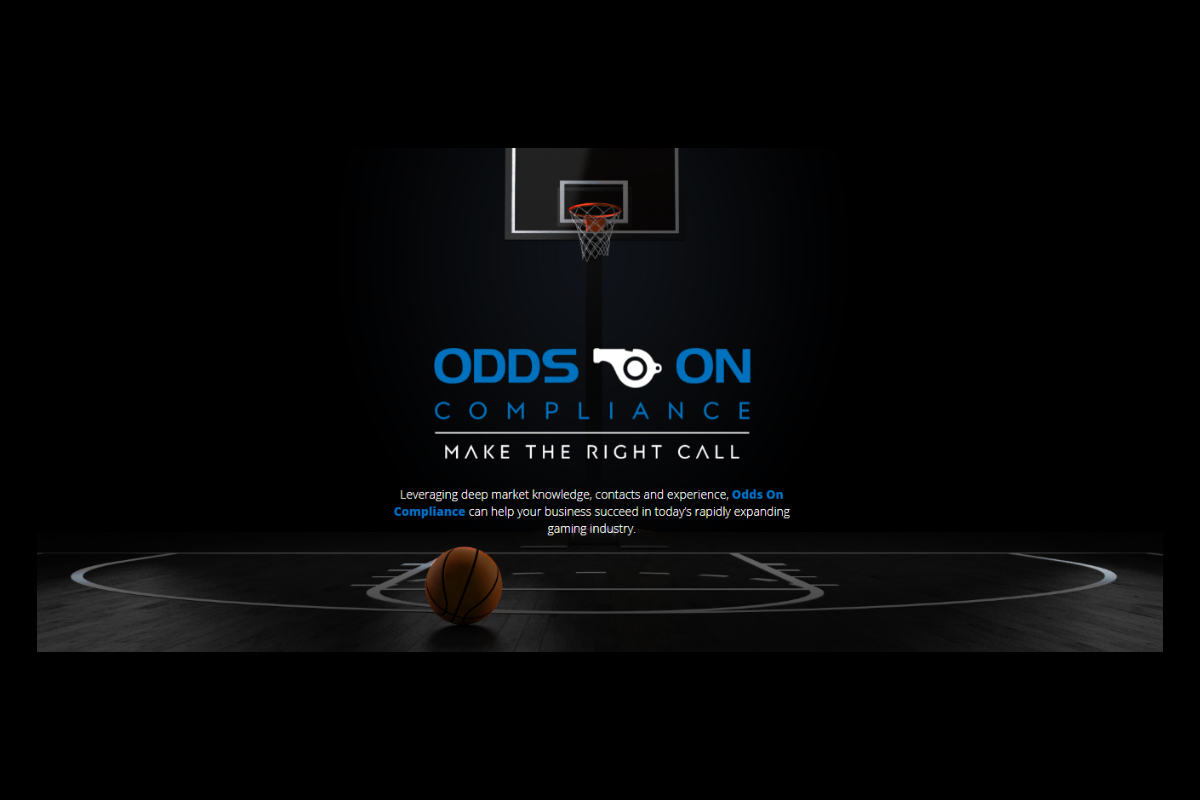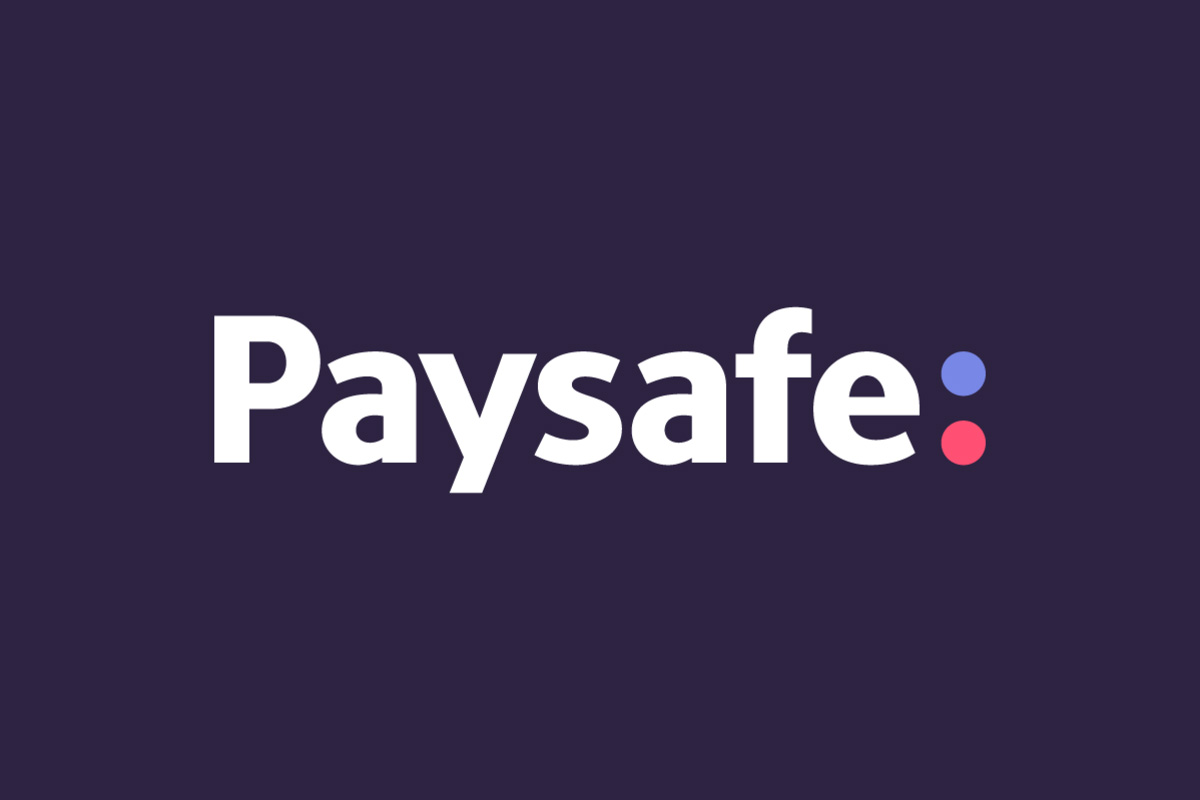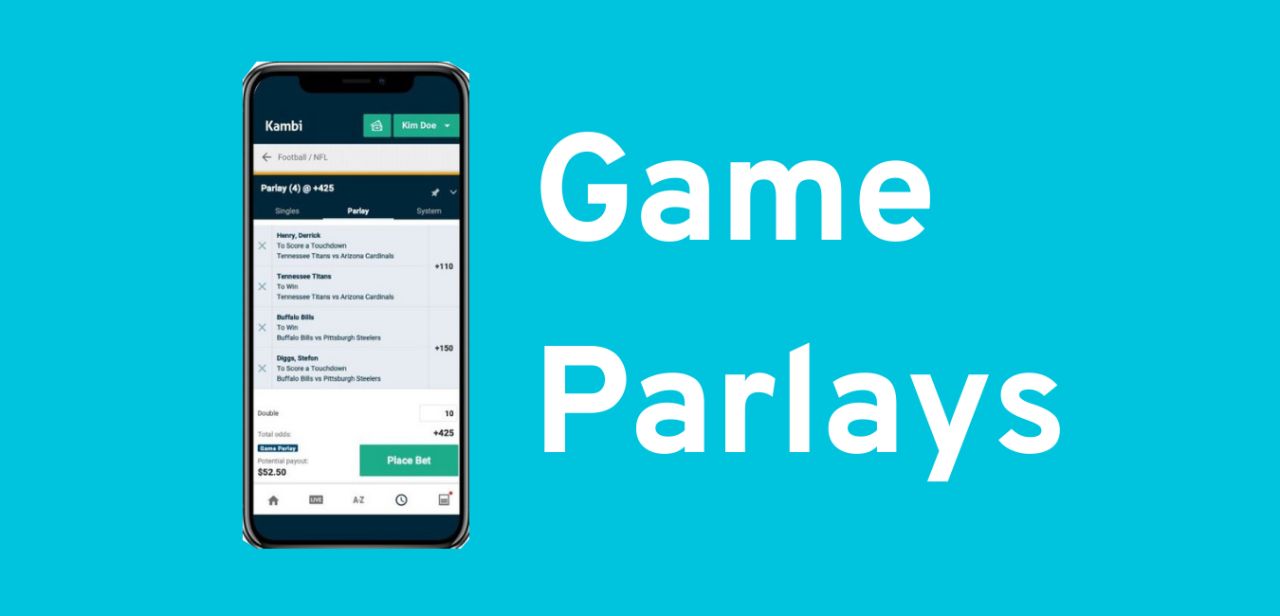
FORMER NEW JERSEY DIVISION OF GAMING ENFORCEMENT LAB CHIEF ERIC WEISS JOINS ERIC FRANK’S REBRANDED CONSULTANCY ODDS ON COMPLIANCE
Odds On Compliance has been officially unveiled as the rebrand of EDF Compliance, with immediate effect. Eric Frank, Odds On Compliance CEO and Founder, who launched EDF Compliance in early 2021 to provide industry-leading regulatory compliance consultancy services to the sports betting, iGaming and gambling sectors, announced the new Odds On Compliance brand, and welcomed industry veteran Eric Weiss, VP of Technical Compliance for Odds On Compliance, to the team.
“I am delighted to officially unveil Odds On Compliance as the new name for EDF Compliance and welcome Eric Weiss to the Odds On team,” announced Eric Frank. “Eric adds unrivaled U.S. regulatory and market knowledge to our core group, enabling us to meet the broad range of needs of our clients. Our experience, knowledge and skills immediately position Odds On Compliance as the leading provider of regulatory compliance consultancy services in the sports betting, iGaming and gambling industries in the U.S. and worldwide. The value to our customers goes beyond our years of experience in the industry, as I’m also excited to announce the creation of our software development arm which is building unique compliance and regulatory information tools which we will be unveiling soon.”
Odds On Compliance CEO and Founder Eric Frank is a sports betting, iGaming and gambling industry leader. His past experience includes roles as Group Compliance Officer at The Stars Group and as a legal advisor at an AM Law 100 firm. He is currently working as an advisor to a multitude of industry clients, acting on the advisory board of BettorFantasy, and working as a special advisor to Genius Sports on U.S. regulatory affairs. This range of experience gives Eric market-leading insights and experience into the complex and dynamic regulatory compliance market, both in the U.S. and abroad.
Eric Weiss is recently retired from the New Jersey Division of Gaming Enforcement, where he served as Chief of Staff, and, most recently, Deputy Executive Director – Technical Services / Slot Laboratory. Eric joins Odds On Compliance as Vice President, Technical Compliance and brings over 30 years’ experience, adding significant market insights, experience and knowledge to the core team.
“I am proud to be joining Eric and the team at Odds On Compliance and am excited to start work with our clients,” added Eric Weiss. “There isn’t anyone in the industry with the combined knowledge Odds On Compliance brings to companies who need help navigating the ever-evolving world of sports betting compliance and regulatory environments, so the chance to join the team was one I could not turn down.”
Alongside Eric Frank and Eric Weiss are Mike Mignone, Senior Advisor, Technical Compliance; Joe Casole, Senior Advisor, Regulatory Compliance; and Jared Bowen, Senior Project Manager. Mignone’s experience includes working in Quality Assurance and Technical Compliance at GLI, and at William Hill as the Technical Compliance Manager for the Eastern United States. Casole brings experience in the gaming and cannabis groups at Duane Morris LLP, one of the world’s largest law firms, and managing global regulatory compliance at GLI. Jared Bowen is a U.S. Army veteran who deployed to Afghanistan from 2010 to 2011 as part of Operation Enduring Freedom. Prior to joining Odds On Compliance, Bowen was an IT management professional, supporting businesses across multiple industries since 2011.










